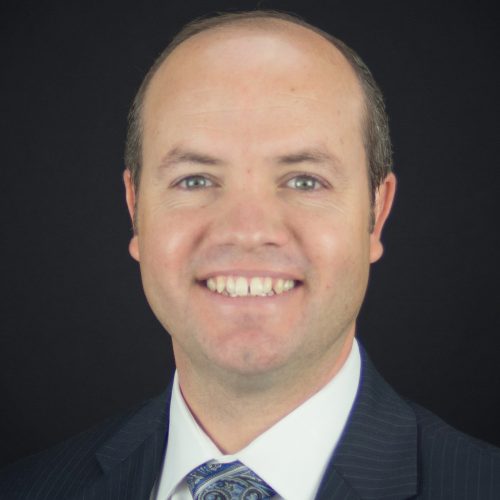The biblical cure for the desire for more
The Christian’s joy does not depend on what he has or what he does not have but on being content with what he has.
More. That insatiable desire that robs us of our happiness and peace.
The desire for more. It destroys families, transforms decent people into criminals, controls our lives, and enslaves us.
It is an illness that can affect anyone, no matter how rich or poor one is, or even how long one has been a Christian. And it expresses itself in many ways: A larger house. A newer car. A better-paying job. Although the symptoms may vary, the condition is the same: a dissatisfaction with our circumstances. Being discontent with what God has given us, where God has placed us, or the situation in which He currently has us.
And the cure is not to have more, bigger or better. Because there are people who have more than us who are still discontent. And there are others who have less than we do, and yet they are content.
The cure is what the Apostle Paul teaches us in his epistle to the Philippians.
“Not that I speak in respect of want: for I have learned, in whatsoever state I am, therewith to be content.”
Philippians 4:11
In the Scriptures, we have two examples of contentment, and they teach us two lessons about contentment:
- Jesus teaches us that we do not need earthly riches or material possessions to be content.
He did not have wealth, possessions, a home, or even a pillow on which to lay His head. And yet He was content.
- Paul teaches us that contentment is a virtue that has to be learned.
Remember where Paul is writing this letter from: a prison cell. And yet he said that he had learned to be content. No one is naturally content. The reason is that we were born with a sinful nature that we inherited from Adam and Eve, and they are the first example of discontentment with what they had, even in a perfect world where they lived.
Contentment is found when I learn that God has already made provision for everything that I need in order to have satisfaction and joy in my life.
How to learn contentment:
1. Express your gratefulness to God.
Just as light and darkness cannot coexist, neither can thankfulness and discontentment live in your heart at the same time. In everything give thanks. It’s more than a command—it is also a cure for discontentment.
2. Find a purpose for your life that is greater than you.
Paul found a purpose for his life that was greater than his comfort, pleasure, or earthly riches. Which is why he could say:
“But I would ye should understand, brethren, that the things which happened unto me have fallen out rather unto the furtherance of the gospel; So that my bonds in Christ are manifest in all the palace, and in all other places; And many of the brethren in the Lord, waxing confident by my bonds, are much more bold to speak the word without fear.” Philippians 1:12-14
When Paul saw his circumstances he looked at them through the prism of his purpose and not his own comfort.
“For to me to live is Christ, and to die is gain.” Philippians 1:21
If for me to live is wealth, then to die is to leave it all behind.
If for me to live is fame, then to die is to be forgotten.
If for me to live is power and position, then to die is to lose it all.
But if for me to live is Christ, then to die is gain.
If for me to live is Christ, then my life has a greater purpose than my personal gain.
If for me to live is Christ, then my life has a greater purpose than my personal comfort.
If for me to live is Christ, then I have found the secret of contentment.
If for me to live is Christ, then I can say with the Apostle Paul, “Not that I speak in respect of want: for I have learned, in whatsoever state I am, therewith to be content.”
Share this post

David Sloan, Spanish Pastor
David Sloan serves as pastor of the Spanish Department of North Valley Baptist Church. He and his family were missionaries in the Former Soviet Union and the Middle East, where he served as United States representative to the Christian Caucus in the Israeli parliament, the Knesset. He and his wife Jolene have five children. Bro. Sloan is part of a missionary heritage of fourteen families who serve on the mission field, spanning seven countries and four continents. He is also the Missions Director at Golden State Baptist College.


Thank you Brother Sloan for a wonderful message from Philippians 4:11. What an incredible secret of richness is found in the statement: “If for me to live is Christ, then I have found life, life overflowing with love, joy and peace on the inside even though on the outside I may have to endure hardships, tribulation, famine, suffering, etc. If for me to live is Christ, then my life’s rudder is Christ, my life’s value is Christ, my life’s mission and vision is living and serving the master” What a profound truth that transcends comfort, possessions and the human value system. Thank you for sharing.